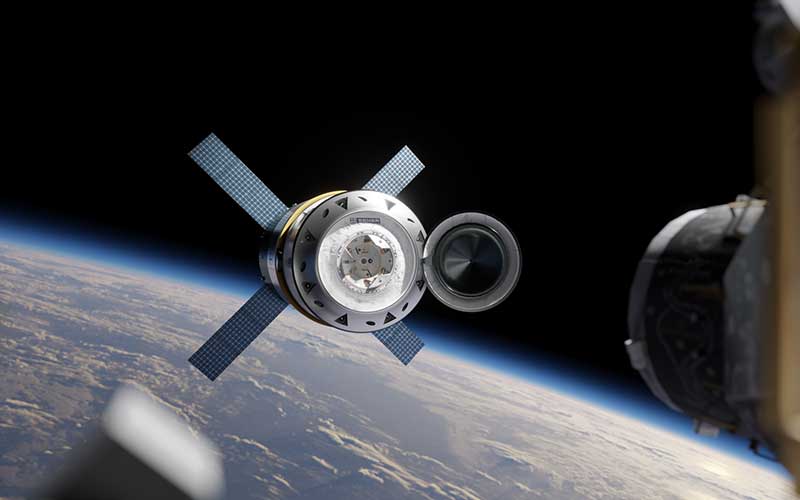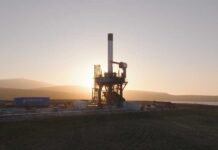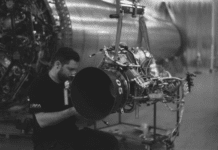
German launch provider Rocket Factory Augsburg announced early last month that it had increased the payload capability of its Argo cargo spacecraft. The boost in performance was required to meet the updated base performance specifications of a European Space Agency call for commercial cargo services to and from low Earth orbit (LEO).
RFA first announced that it, along with its consortium partners Atmos, Sener, OHB, and MT Aerospace, was pursuing the development of Argo in September 2023. When the company made that initial announcement, the vehicle was expected to be capable of delivering 3,400 kilograms to LEO. This was in line with ESA’s Commercial Cargo Transportation initiative, which, when it was published in May 2023, required proposals to be capable of delivering two tonnes of cargo to the ISS and returning one tonne back to Earth.
However, following the 2023 Space Summit in Spain, which was held in early November, ESA member states endorsed an updated version of the programme called the LEO Cargo Return Service initiative. This version called for vehicles to be capable of delivering four tonnes to LEO and returning two tonnes back to Earth.
The RFA response came on 14 December with the company announcing that its vehicle will now be capable of delivering 4,000 kilograms to low Earth orbit and, with the assistance of an inflatable atmospheric decelerator, returning 4,000 kilograms back to Earth. The announcement concluded with the phrase, “Argo was designed for heavy lifting.”
While the company’s Argo vehicle can now answer ESA’s updated call, it remains to be seen whether or not RFA can deliver on the project before the 2028 launch deadline. Argo utilizes elements of a kick stage the company is developing for its RFA ONE launch vehicle, including a pair of its nitromethane-based bi-propellant Fenix engines. The company will also be able to delegate key systems to its consortium partners. Although not confirmed directly by the company, renders of the vehicle do appear to hint that Sener and Atmos will be tasked with developing the vehicle’s docking systems.
According to an ESA call for proposals published on 15 December, funding for the first phase of its LEO Cargo Return Service initiative has been secured. This phase will run from June 2024 to June 2026. The agency plans to award as many as three Phase 1 contracts.




